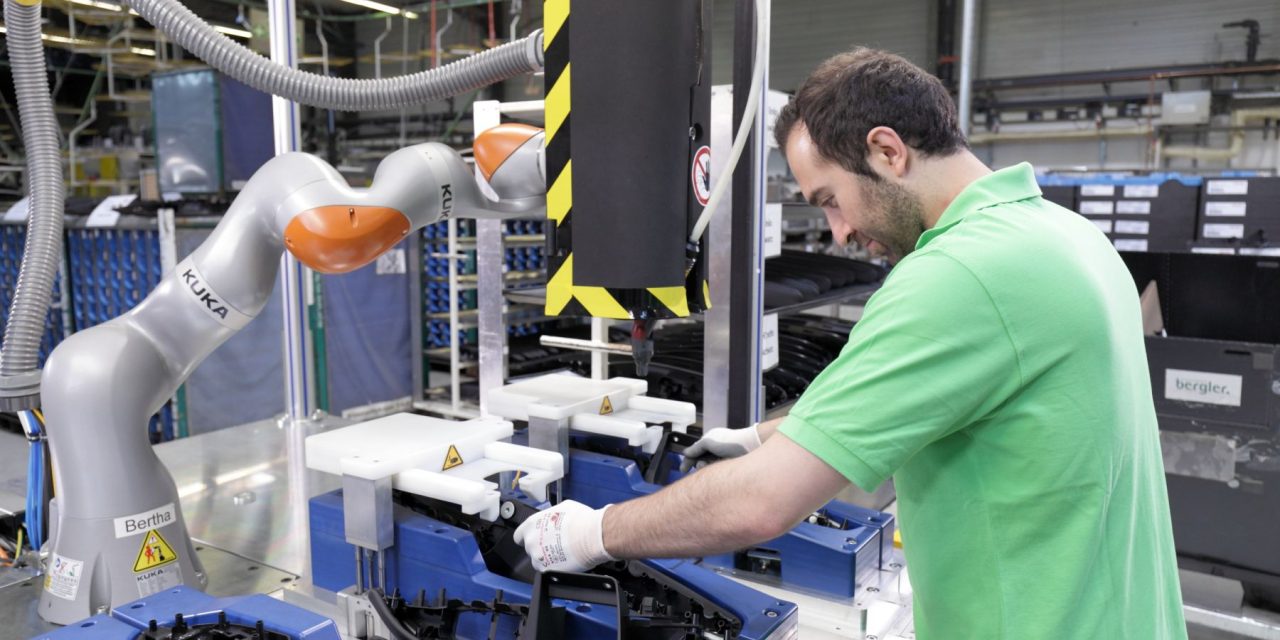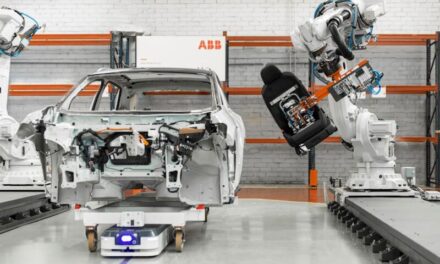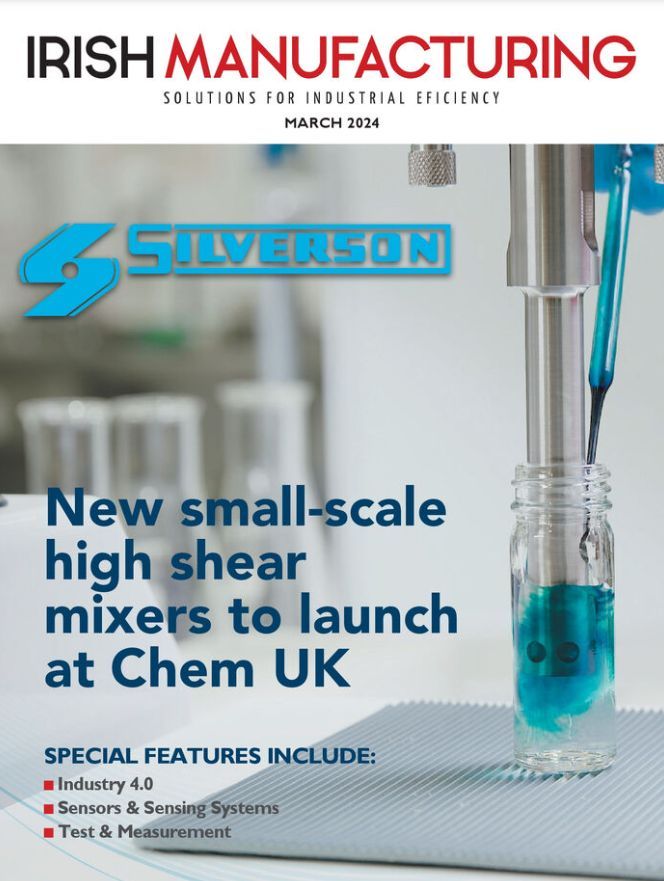In recent years, the Irish manufacturing sector has been undergoing a significant transformation fuelled by advancements in robotics and automation. As industries evolve, the demand for a skilled workforce is becoming more pressing than ever. However, Ireland, like many other countries, faces a skills deficit that poses a threat to its economic growth. Fortunately, robotics and automation are emerging as powerful tools to upskill the workforce and bridge the existing skills gap in the Irish manufacturing sector.
The Current Skills Deficit
The Irish manufacturing sector has been grappling with a shortage of skilled workers in various fields, including engineering, maintenance, and programming. This shortage has hindered the sector’s ability to adopt and leverage new technologies effectively. As a result, businesses have faced challenges in meeting production demands, adopting innovative processes, and staying competitive in the global market.
Robotics and Automation: Catalysts for Change
Enter robotics and automation—the game-changers that are revolutionising the manufacturing landscape. These technologies are not just about replacing human labour; they are instrumental in augmenting the workforce, enhancing productivity, and, crucially, addressing the skills deficit.
- Training and Upskilling Programs:
One of the primary ways robotics and automation are bridging the skills gap in Irish manufacturing is through comprehensive training and upskilling programs. These programs are designed to equip existing workers with the knowledge and expertise needed to operate and maintain advanced automated systems. By investing in employee training, companies are ensuring that their workforce remains adaptable and proficient in handling the latest technologies.
Collaborations between educational institutions, government bodies, and private enterprises have become increasingly common. These partnerships facilitate the development of tailored curricula that align with the evolving needs of the manufacturing sector. Workers are then trained on-site or through specialised courses, gaining hands-on experience with the very technologies that are reshaping their industries.
- Human-Robot Collaboration:
Rather than viewing robotics and automation as replacements for human workers, the Irish manufacturing sector is embracing a collaborative approach. Cobots, or collaborative robots, are designed to work alongside humans, handling repetitive or dangerous tasks while allowing skilled workers to focus on more complex responsibilities.
This collaboration not only boosts efficiency but also creates an environment where human workers can enhance their skills by interacting with cutting-edge technologies. For example, a human operator might oversee and troubleshoot a production line that incorporates robotic arms for precision tasks, gaining valuable insights and expertise in the process.
- Facilitating Skill Transferability:
Automation and robotics often require specialised skills, but the knowledge gained in mastering these technologies can be transferable across various industries. The skills acquired in programming, maintenance, and operation of automated systems can open doors to new opportunities for workers within and beyond the manufacturing sector.
This transferability is particularly valuable in a dynamic job market where adaptability is a key asset. Workers who become proficient in robotics and automation can diversify their skill sets, making them more resilient to changes in the job market and contributing to a more versatile and capable workforce.
- Addressing Labour Market Dynamics:
The Irish manufacturing sector, like many others globally, is grappling with an aging workforce and a lack of new entrants. Automation can help address this challenge by attracting a younger generation of workers. Young professionals are often drawn to industries that leverage cutting-edge technologies, and the incorporation of robotics and automation makes manufacturing more appealing and future-oriented.
Additionally, automation can alleviate the physical demands of certain tasks, making manufacturing careers more accessible to a broader demographic. This inclusivity can help fill the workforce pipeline, ensuring a steady influx of talent into the sector.
As the Irish manufacturing sector faces challenges posed by the skills deficit, robotics and automation emerge as powerful allies. By investing in training programs, embracing collaborative approaches, facilitating skill transferability, and addressing labour market dynamics, the sector is not only filling the current skills gap but also creating a workforce that is agile, adaptable, and prepared for the future. The marriage of human ingenuity and technological innovation is proving to be the driving force behind a resilient and competitive Irish manufacturing industry.
Are you ready to revolutionise your workforce with cutting-edge automation solutions? Let’s discuss your unique requirements and explore how our expertise can streamline your processes, boost efficiency, and elevate your business to new heights. Contact us now to embark on the journey of automation: sales.ie@kuka.com 042 939 5034




